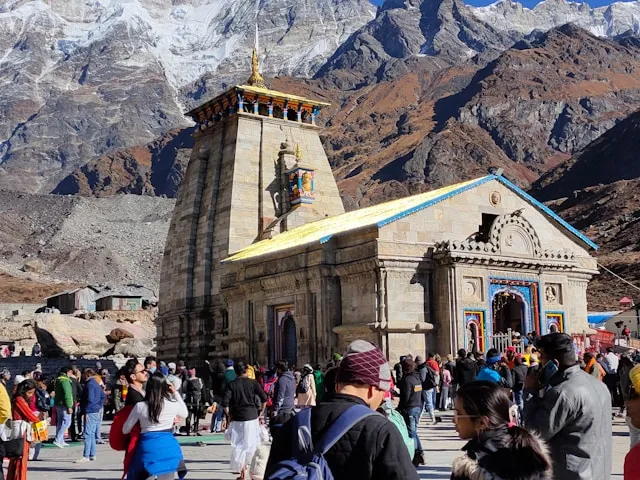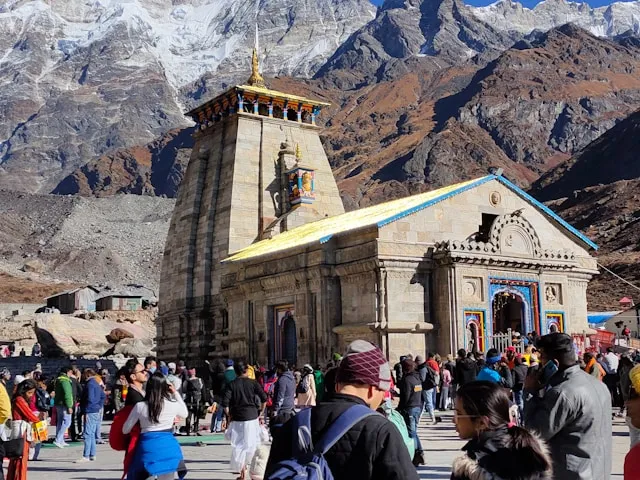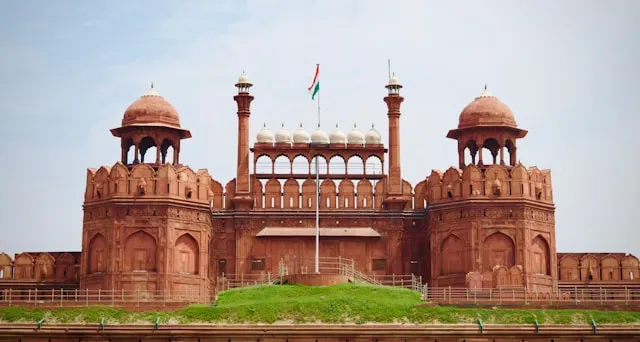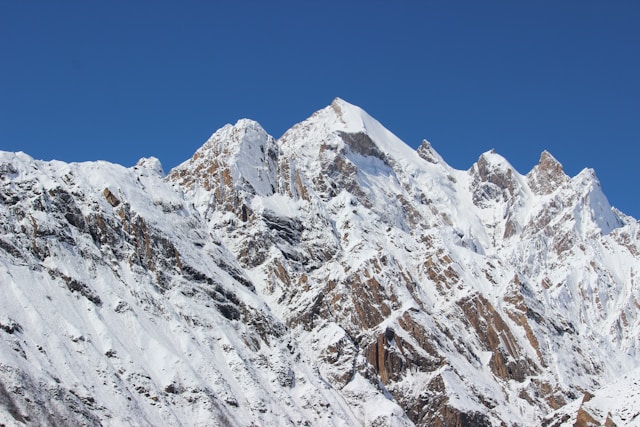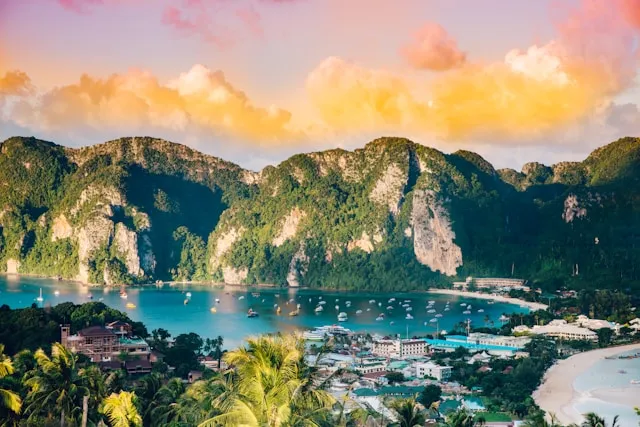Himalayas Travel Guide
Himalayas
About Himalayas Travel Guide
Destination Overview in Himalayas
The Himalayas, the world’s highest mountain range, stretch across northern India, Nepal, Bhutan, Tibet, and Pakistan, offering breathtaking landscapes, rich biodiversity, and deep spiritual significance. Known as the abode of snow, the Himalayas attract adventure seekers, nature lovers, and spiritual travelers alike. From serene valleys and ancient monasteries to challenging trekking routes and sacred pilgrimage sites, the Himalayas present an unforgettable experience.
Top Attractions & Places to Visit in Himalayas
Mountain Peaks & Valleys: Kangchenjunga, Nanda Devi, Valley of Flowers, Spiti Valley
Spiritual Sites: Hemkund Sahib, Badrinath, Kedarnath, Yamunotri, Gangotri, Amarnath Cave
Adventure Destinations: Manali, Leh-Ladakh, Rishikesh, Dharamshala, Sikkim
Natural Wonders: Zanskar River, Tsongmo Lake, Roopkund, Great Himalayan National Park
Best Time to Visit Himalayas
April to June and September to November offer pleasant weather for trekking and sightseeing. Winters bring heavy snowfall and limited accessibility in higher altitudes.
How to Reach Himalayas
Air:
Major airports include Dehradun (Jolly Grant), Leh, Bagdogra, and Chandigarh.
Rail:
Rail connectivity is available up to certain foothill cities like Haridwar, Rishikesh, and Kalka.
Road:
Well-connected by highways and mountain roads; private taxis and buses are common.
Accessibility for Differently-Abled Travelers in Himalayas
Urban centers and popular pilgrimage sites have some accessible facilities, but rugged terrain limits access in remote areas.
Things to Do & Experiences in Himalayas
Trekking and mountaineering across iconic routes like Roopkund and Markha Valley
Visit sacred temples and gurudwaras such as Hemkund Sahib and Badrinath
Experience yoga and meditation retreats in Rishikesh and Dharamshala
Explore local culture and traditional mountain villages
Wildlife spotting in national parks and reserves
Accommodation Options in Himalayas
Range from luxury resorts and wellness retreats to budget guesthouses and homestays in remote villages.
Local Cuisine & Dining in Himalayas
Try local delicacies like momos, thukpa, rajma, and regional vegetarian dishes. Mountain herbs and spices add unique flavors.
Travel Tips & Safety in Himalayas
Prepare for altitude sickness with gradual acclimatization
Carry appropriate gear for changing weather conditions
Respect local customs and environmental guidelines
Use licensed guides and avoid solo trekking in remote areas
Weather Details & Packing Suggestions in Himalayas
Layered clothing for fluctuating temperatures
Waterproof jackets and sturdy hiking boots
Sunscreen, sunglasses, and hats for sun protection
Currency Exchange & Banking Facilities in Himalayas
ATMs are available in major towns; carry cash when traveling to remote areas.
Connectivity & SIM Card Info in Himalayas
Network coverage varies; major providers like Airtel and Jio offer service in urban areas. Purchase local SIM cards for better connectivity.
Itinerary Suggestions in Himalayas
5-Days: Rishikesh – Haridwar – Dehradun
10-Days: Manali – Spiti Valley – Dharamshala
15-Days: Leh-Ladakh – Pangong Lake – Nubra Valley
Nearby Destinations to Explore from Himalayas
Nepal (Kathmandu, Pokhara)
Bhutan (Thimphu, Paro)
Tibet (Lhasa, Mount Kailash)
Shopping & Souvenirs in Himalayas
Handmade woolens, prayer flags, handicrafts, herbal products, and traditional jewelry are popular buys.
Cultural & Historical Background of Himalayas
The Himalayas are not only a natural wonder but also a cradle of ancient cultures and spiritual traditions, home to diverse ethnic groups and sacred sites significant in Hinduism, Buddhism, and Sikhism.
Best Transport Options in Himalayas
Taxis, shared jeeps, and buses are common; trekking requires guided support and local porters.
Nearest Railway Station or Airport in Himalayas
Railheads: Haridwar, Kalka
Airports: Dehradun, Leh, Bagdogra
FAQs About Himalayas
Is it safe to trek in the Himalayas?
Yes, with proper preparation, guides, and permits, trekking is safe.
What is the best time to visit?
Spring and autumn months offer the best weather.
Do I need special permits?
Some regions like Ladakh and Spiti require permits; check before travel.
Which languages are spoken?
Hindi, English, and regional dialects are common.
Is the food safe?
Yes, prefer cooked food and bottled water.
How can I get around?
Local taxis, buses, and organized tours are recommended.
Are ATMs available?
Yes, in main towns; carry cash for remote areas.
What clothing should I pack?
Layered, warm, and waterproof clothing with good footwear.
Can I use my mobile phone?
Coverage is good in towns, limited in remote locations.
Are there photography restrictions?
Avoid sensitive military areas and respect privacy.
Sustainability & Responsible Tourism in Himalayas
Tourists are encouraged to minimize environmental impact by avoiding plastic, respecting wildlife, supporting local communities, and following ‘Leave No Trace’ principles to preserve the fragile Himalayan ecosystem.
Need a Himalayas Travel Guide Customized Itinerary?
Let us create your perfect Himalayas Travel Guide journey

Gallery
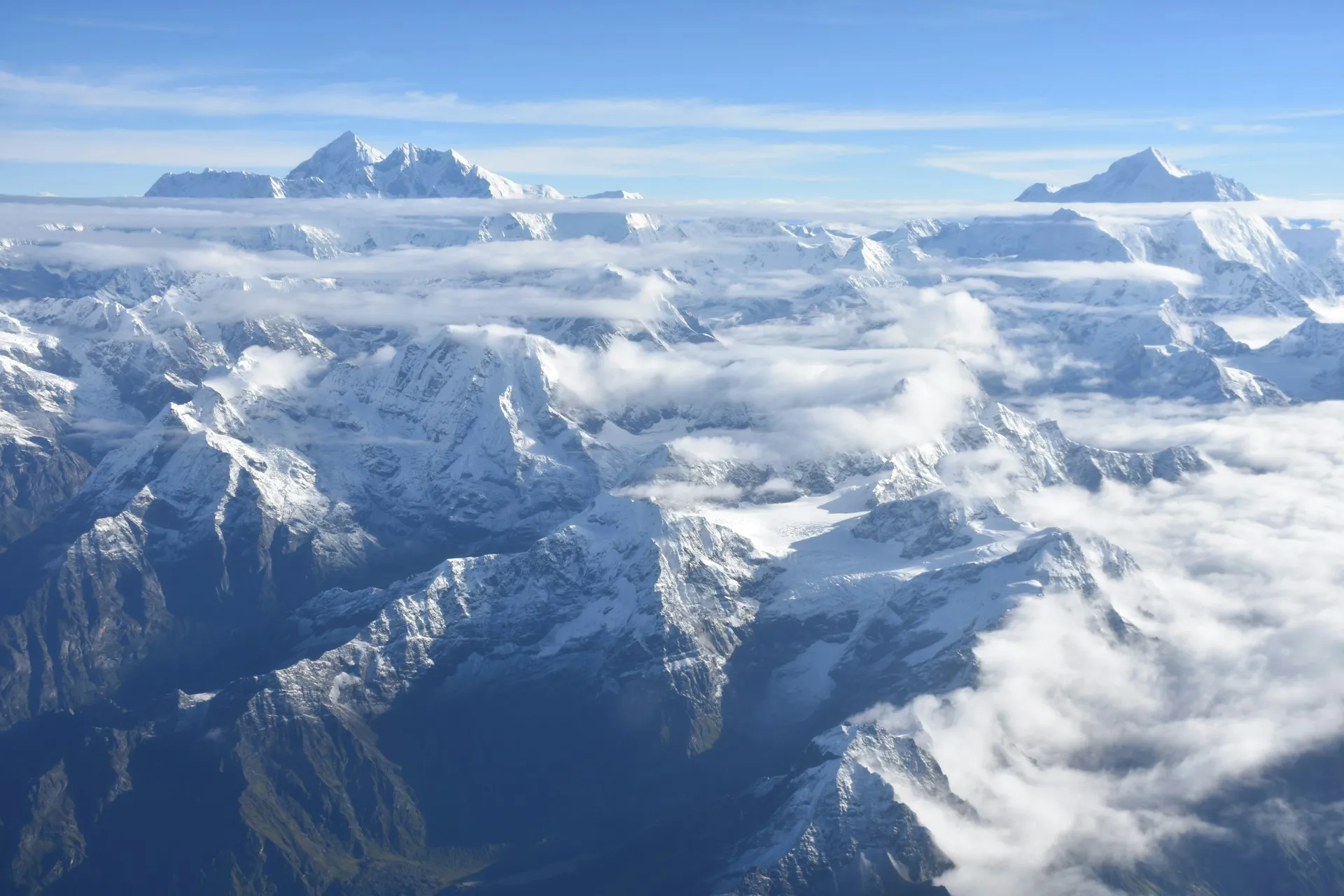
Weather
Location Map
Himalayas
Latest Blog Posts
Latest News: Himalayas Travel | Himalayas Travel Guide 2025 | Trekking, Destinations & Tips
What Our Travelers Say
Real experiences from our valued customers
"Nepal’s spiritual sites, especially Lumbini and Pashupatinath, were deeply enriching. The trip was organized effortlessly, and the serenity of the places left a lasting impact on me."
Rohit Kumar (Bangalore, India)
"Malaysia was full of surprises! We explored everything from the Petronas Towers to tropical rainforests. Every moment was packed with adventure and discovery!"
Rakesh Joshi (Ahmedabad, India)
"A great trip to Dwarka. The serenity and spiritual vibes were unmatched. The whole experience was seamlessly organized."
Sumita Singh (Delhi, India)
"Kedarnath was simply breathtaking. A beautiful, well-organized journey. It exceeded all my expectations."
James Foster (Vancouver, Canada)
"Nepal’s natural beauty and sacred temples made this trip unforgettable. The team handled everything perfectly, and we felt well taken care of throughout."
Ashok Yadav (Patna, India)
"Went to Rishikesh for a spiritual getaway. The arrangements were superb, and I felt so connected with the divine."

